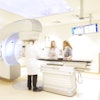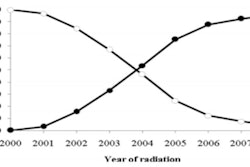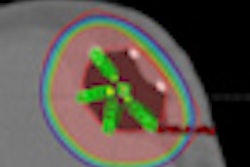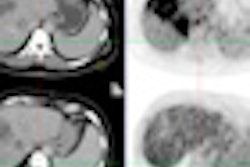Women diagnosed with early-stage breast cancer and several involved axillary lymph nodes may not benefit from having radiation therapy following a mastectomy, according to a study presented at the American Society of Breast Surgeons (ASBrS) annual meeting held in Phoenix last week.
Researchers at the Cancer Institute of New Jersey in New Brunswick discovered that postmastectomy radiation therapy did not seem to affect mortality rates or disease recurrence in a group of 83 patients who received the treatment between 1986 and 2003.
Poster presenter Dr. Archit Naik, a breast surgery fellow at the Cancer Institute and Robert Wood Johnson Medical School, led a team that identified these patients from a retrospective review of patient charts. All of the patients had either T1 or T2 disease and one to three positive axillary lymph nodes.
A total of 38 women received postmastectomy radiotherapy, while 45 women did not. The research team evaluated patient and tumor-related characteristics and determined that the groups were similar with respect to age at diagnosis and estrogen-receptor status.
In this small cohort, 22% of the patients who only had a mastectomy had disease recurrence within four years, compared with 29% who also underwent radiation therapy. Seventy percent of the mastectomy-only group and 55% of the radiotherapy group experienced distant disease recurrence. None of the disease recurrence data analyzed showed statistically significant differences.
The researchers also did not find a statistically significant difference in mortality rate between the mastectomy-only group (20%) and the combined treatment group (24%), Naik said.
The study was undertaken because it's controversial whether to prescribe radiation therapy following a mastectomy for women with early-stage breast cancer and up to three cancerous axillary lymph nodes, Naik explained. Based on their findings, Naik and colleagues said that further studies of larger groups of patients are needed.



















